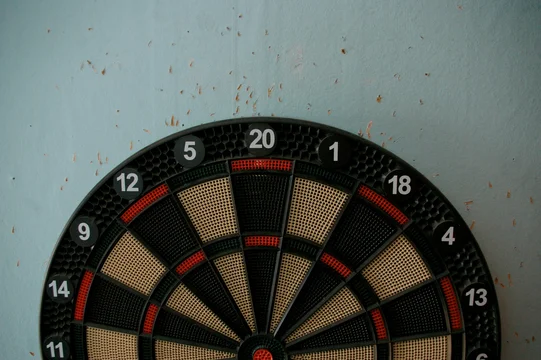
We've written before about how delay can kill your discovery motions. We got another straightforward example on Monday in Novartis Pharmaceuticals Corporation v. HEC Pharm Co., Ltd., C.A. No. 20-133, D.I. 340 (D. Del. Mar 31, 2025).
There, the defendants sought depositions of two foreign inventors through the Hague convention. The defendants have known the relevance of the inventors' knowledge since at least July, 2022, but only moved for issuance of letters rogatory in December 2024.
The case was stayed for a portion of that time, but in total, the Court found that there was no good reason that it should have taken so long to seek this discovery:
During the teleconference, Defendants' counsel explained that this delay was largely due to the slow response time of a third party legal service organization that Defendants were working with. . . . But as Defendants' counsel candidly (and appropriately) acknowledged, there is simply no good reason why it would take 21 months (or even half that time, or less) for Defendants and the third party to be able to diligently prepare a Hague Convention package of this type.
Even worse (for the defendants), the Court found that the delay meant they were unlikely to get the information until just before trial, or later, prejudicing plaintiff:
Defendants nearly two-year delay would surely unduly prejudice Plaintiff, were the request to be permitted. Even under Defendants' rosier estimate, it will take six months to obtain both depositions. (D.I. 311 at 1; see also D.I. 307 at 3 (Plaintiff suggesting that the true wait time could be well over a year)) This would mean that the testimony will fully come in only a few months prior to trial—i.e., well after the close of fact discovery and after the Daubert and summary judgment briefing process has concluded. Or, if Defendants' timing estimate is in fact too optimistic, then the evidence won't come in until the eve of trial (or later). It would be unfair to require Plaintiff to have to deal with new record information so late in the game, thanks solely to the overwhelmingly long time Defendants delayed in seeking that material. And to rule otherwise here would send the message that parties can sit on their hands when it comes to Hague Convention requests like these—when instead it is imperative that they act quickly and efficiently to obtain such information in federal civil cases.
You really have to stay on top of those discovery motions—even if, sometimes, it's easier said than done.
If you enjoyed this post, consider subscribing to receive free e-mail updates about new posts.




